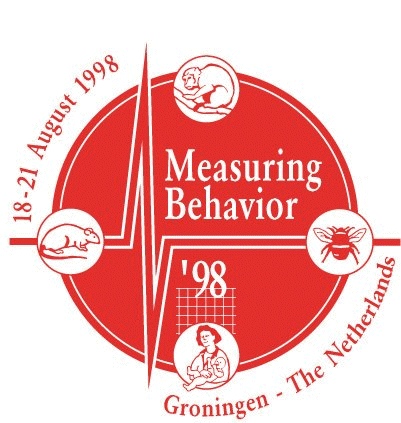Biotelemetric measurement of the ECG in growing pigs: effects of social stress on heart rate, heart rate variability and occurrence of cardiac arrhythmias
I.C. de Jong1,2, A.E. Sgoifo1, E. Lambooij2, S.M. Korte2, J.M. Koolhaas2 and H.J. Blokhuis2
1 Department of Animal Physiology,
University of Groningen, Haren, The Netherlands
2 Department of Behaviour, Stress Physiology and Management,
Institute for Animal Science and Health, Lelystad, The Netherlands
Social stress is a common phenomenon in pig husbandry. In this experiment, social stress was produced by a food competition test with a penmate and a resident-intruder test with an unacquainted pig. We studied the effects of social stress on heart rate, heart rate variability and occurrence of cardiac arrhythmias in growing pigs, and determined the relations between the outcome of the food competition test and the heart rate responses to the food competition test and resident-intruder test.
Twelve crossbred barrows (10 weeks of age) were used in the experiment. Heart rate was measured by biotelemetry. At 8 weeks of age barrows were implanted with a transmitter (type TA10CTA-D70; Data Sciences, St. Paul, MN, USA) allowing stress-free measurement of the ECG. The autonomic control of cardiac electrical activity was estimated by measuring the heart rate variability (e.g. [3]). Behaviour during the tests was recorded on video tape and analysed using the program The Observer (Noldus Information Technology, Wageningen, The Netherlands).
Agonistic behaviour was scored during interactions of the pigs. The outcome of the agonistic interactions during the tests was determined using the outcome of a procedure calculating the social rank index [2]. If the number of victories was larger than the number of defeats, the pig was considered to be the winner of the test. In case of the reversed situation, the pig was considered to be the loser. The outcome of the tests was always clear, i.e. the difference between the number of victories and the number of defeats always was large. Pigs that were defeated in the food competition test had a higher heart rate (p<0.10), but no significant differences in heart rate variability parameters were observed between defeated pigs and winners. All pigs were defeated in the resident-intruder test with an unacquainted heavier pig, however, large individual differences in heart rate responses were observed. Pigs that were defeated in the food competition test were more sympathetically activated in the resident-intruder test than pigs that won the food competition test (i.e. the heart rate variability was significantly lower for defeated pigs (p<0.05)), and had a higher heart rate in the resident-intruder test than winners (p<0.10).
As it has been shown that the outcome of a food competition test is correlated with the social status of pigs [1], the social status may determine in the heart rate responses to the food competition test and resident-intruder test. Occurrence of cardiac arrhythmias did not increase during the tests as compared to baseline recordings. When heart rate is used as an assessment of stress, the results suggest that pigs that were defeated in the food competition test may experience more stress during the food competition and resident-intruder test.

Paper presented at Measuring Behavior '98, 2nd International Conference on Methods and Techniques in Behavioral Research, 18-21 August 1998, Groningen, The Netherlands